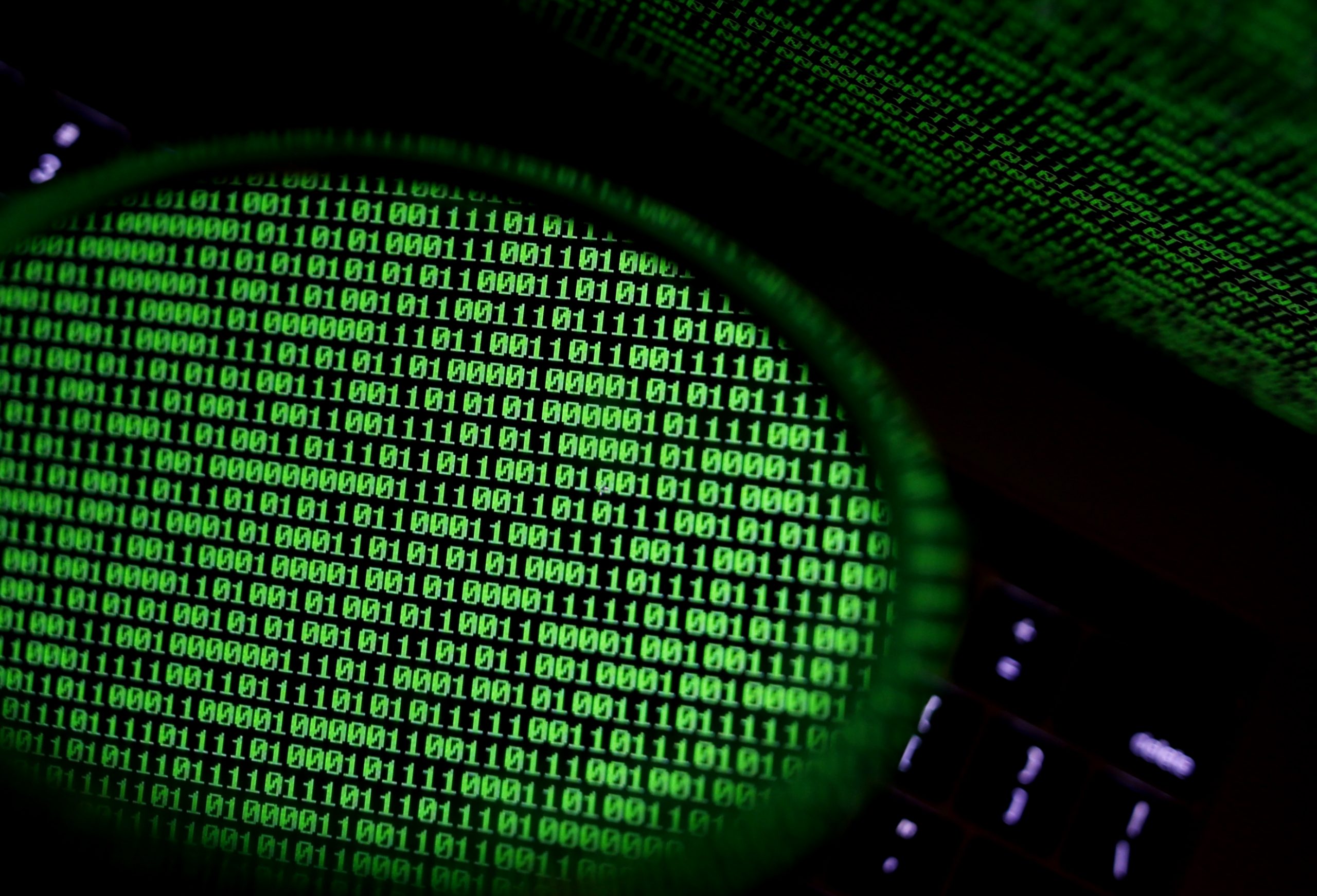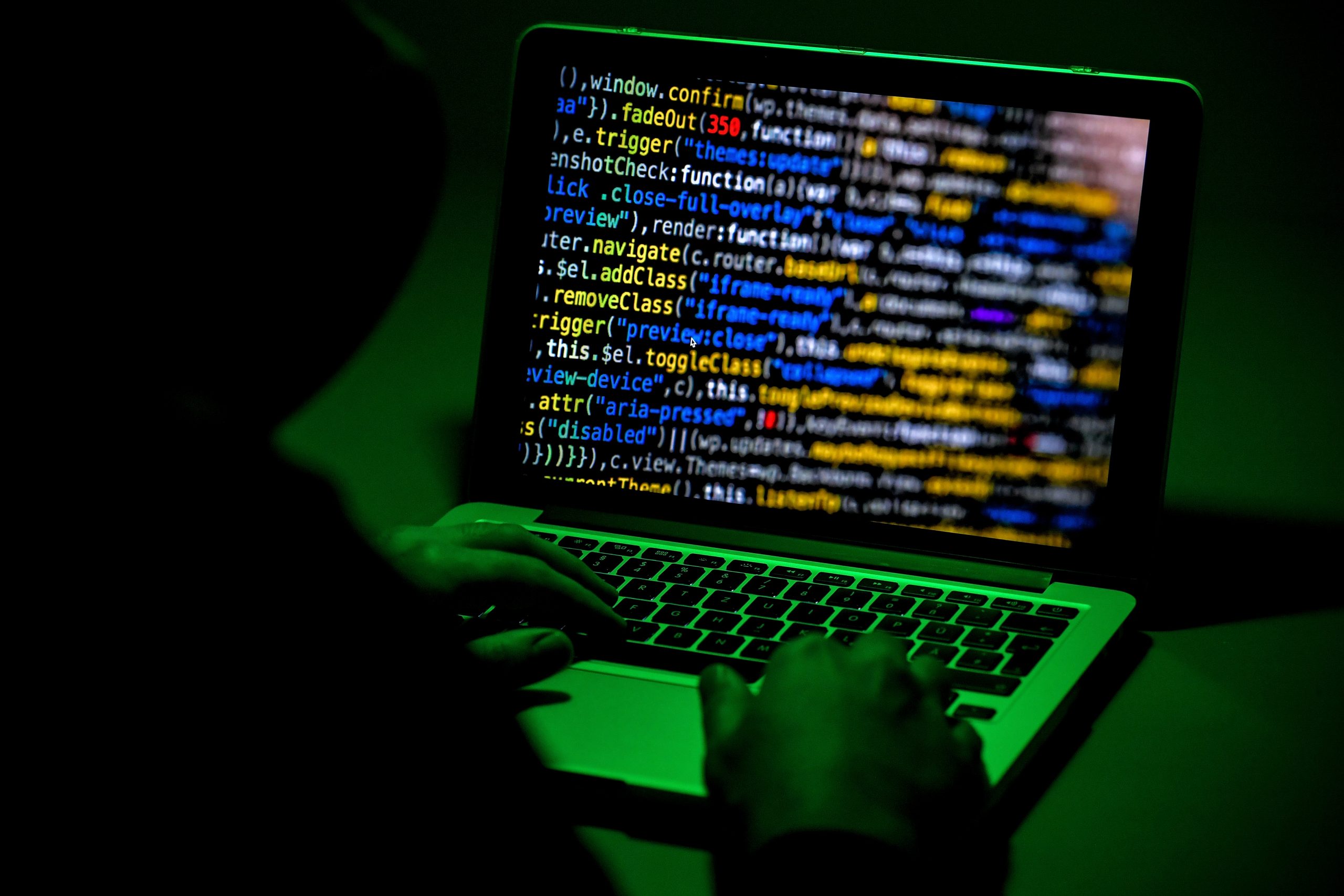Montenegrin Minister of Public Administration Marash Dukaj said on Monday that organized cyber attacks on government servers have continued, adding that the damage to public data still has to be assessed.
Since August 22, the government has reported two series of cyber-attacks on government servers, claiming they managed to prevent any damage.
“The damage is being repaired and we are assessing its extent. The system will suffer no lasting effects. A huge amount of money was invested in this attack on our system,” Dukaj told a press conference.
Head of State Cyber Security Service Dusan Polovic said the authorities are not able to activate some services online, and a certain number of workstations are compromised.
“The cost of the virus used for the first attacks on the dark web is from 100 thousand to 2.5 million dollars,” said Polovic.
On August 26, the Ministry of Public Administration said some government servers were temporarily taken offline, while the Agency for National Security, ANB, accused Russian services of organizing coordinated cyber-attacks on government servers. The ANB said Montenegro was caught up in a “hybrid war”, claiming that an attack had been prepared for a long time.
The ANB did not respond to BIRN requests about the cyber-attacks’ investigation’s results. The head of the Electric Company, Milutin Djukanovic, on Monday meanwhile said ANB chief Savo Kentera had warned him about potential cyber-attacks on the electricity system, so they switched to a manual operating system.
On August 26, the US embassy in Montenegro warned its citizens that cyber-attacks may include disruptions to public utility, transportation and telecommunication sectors.
After a National Security session on August 26, outgoing Prime Minister Dritan Abazovic described the cyber-attacks as dangerous, but added that citizens’ personal data were safe. He said the authorities don’t have firm evidence yet about the organizers of the attack.
“We do not have clear information about the organizers. Security sector authorities couldn’t confirm that there is an individual, a group, a state behind this, nor could we deny it,” Abazovic said.
The government published a safe protocol for safety in cyberspace, calling on citizens to use licensed operative systems and create backup copies of all important data. The government noted that NATO members have helped Montenegrin authorities to prevent cyber-attack damage.
Reportedly, government servers were hit by ransomware, a type of malware attack in which the attacker locks and encrypts the victim’s data and important files, and then demands a payment to unlock and decrypt the data.
On Monday, Veselin Konatar, a professor from the University of Podgorica, said the government had not provided firm evidence about the cyber-attacks’ organizers.
“There is a real possibility that a cyber-attack on the government’s IT infrastructure could have been organized by both individuals and organized criminal groups… Also, the government surprisingly quickly assessed that there was no permanent damage to the IT infrastructure, nor any compromise of citizens’ data, which requires much more time to confirm,” Konatar told the daily Dan.
On Monday, IT specialist Branko Popovic urged authorities to present the results of the cyber-attacks investigation, warning also that the government doesn’t have the administrative capacities to deal with such attacks. “It’s possible that someone deliberately released a virus into the government servers in order to steal confidential information, correspondence or reports,” he posted on Facebook.
The government has not adopted a new Cyber Security Strategy after the last one became outdated in 2021. In July 2021, the then Minister of Public Administration, Digital Society and Media, Tamara Srzentic, said that the government would improve its administrative capacities in the cyber security sector, and push for international cooperation and staff education.








